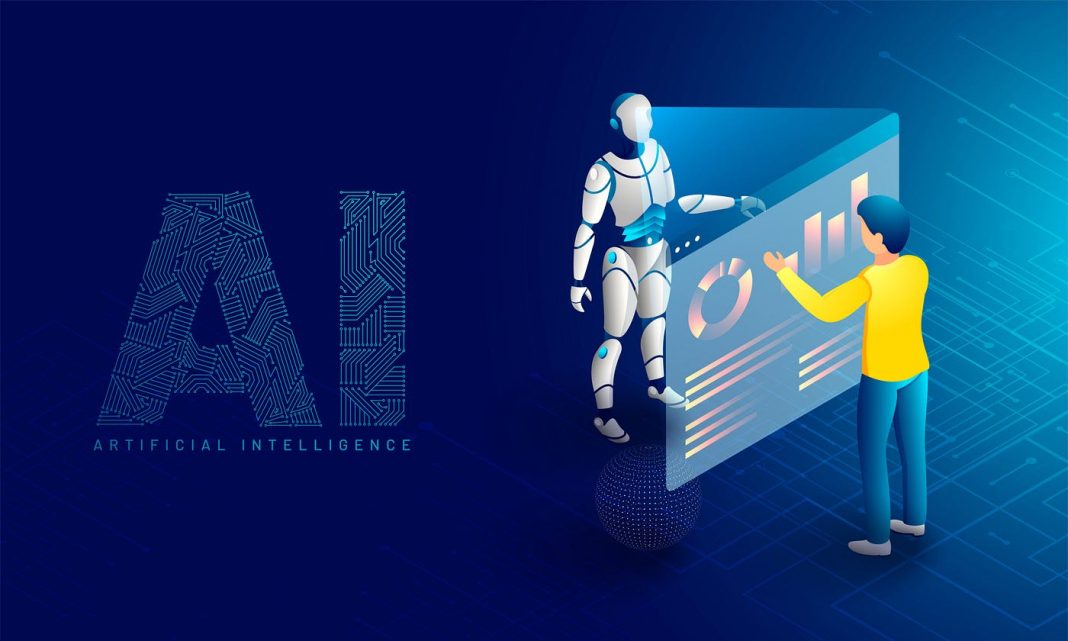Artificial Intelligence (AI) is not merely a way to enhance business efficiency or automate tasks; it holds the potential to address some of the world’s most pressing challenges. From the healthcare and education sector to environmental sustainability and disaster response, AI can drive significant positive change. For those eager to contribute to these efforts, pursuing an artificial intelligence course can provide the necessary skills and knowledge.
Healthcare
Early Disease Detection and Diagnosis
AI-powered systems can actively analyze medical data to detect diseases early, improving patient outcomes. Machine learning algorithms identify patterns in medical images, such as X-rays and MRIs, to diagnose conditions like cancer at an early stage. By processing vast amounts of data, AI helps doctors make accurate diagnoses quickly, leading to timely treatment.
Personalized Medicine
AI enables personalized treatment plans based on a patient’s unique genetic makeup, lifestyle, and medical history. This approach increases the effectiveness of treatments and reduces the risk of adverse reactions. An artificial intelligence course can teach medical professionals how to leverage AI for personalized healthcare solutions.
Education
Adaptive Learning
AI-driven adaptive learning platforms customize educational content to meet individual student needs. These systems assess a student’s strengths and weaknesses in real time, adjusting the curriculum to ensure optimal learning outcomes. This personalized approach assists students in learning at their own pace and improves overall educational effectiveness.
Administrative Efficiency
AI can automate administrative tasks, including grading, scheduling, and student assessments, freeing up educators to focus more on teaching. This efficiency reduces the administrative burden on teachers and enhances the learning environment. An AI course in Bangalore can prepare educators to integrate these tools effectively into their classrooms.
Environmental Sustainability
Climate Change Mitigation
AI models can predict climate patterns and assess the impact of various mitigation strategies. These models help policymakers make truly informed decisions to combat climate change. For instance, AI can optimize energy usage in smart grids, reducing greenhouse gas emissions and promoting sustainable energy consumption.
Wildlife Conservation
AI-powered drones and cameras can monitor wildlife populations and track endangered species. These technologies help conservationists gather data without disturbing the animals, leading to better-informed conservation strategies. A specialized artificial intelligence course can equip conservationists with the skills to utilize these AI tools.
Disaster Response
Predictive Analytics
AI can predict natural disasters like earthquakes, floods, and hurricanes by analyzing historical data and current conditions. These predictions enable early warning systems, giving communities more time to prepare and evacuate if necessary. Accurate predictions can save lives and minimize property damage.
Resource Allocation
During disaster response, AI can optimize the allocation of resources like food, water, and medical supplies. Machine learning algorithms analyze the needs of affected areas and ensure that aid is distributed efficiently and equitably. An AI course in Bangalore can teach disaster management professionals how to apply these techniques in real-world scenarios.
Social Good
Enhancing Accessibility
AI technologies can improve accessibility for people with any disabilities. For example, technologies like AI-powered speech recognition and natural language processing can create more effective communication aids for individuals with speech impairments. Similarly, computer vision technology can help visually impaired people navigate their surroundings more safely.
Reducing Inequality
AI can identify and address social inequalities by analyzing data on various socio-economic factors. For example, AI can highlight gaps in education, healthcare, and employment, enabling targeted interventions to reduce disparities. Policymakers and social workers can benefit from an artificial intelligence course to understand and implement these solutions.
Conclusion
Artificial Intelligence holds tremendous potential for solving real-world problems across various sectors. From improving healthcare outcomes and enhancing educational experiences to promoting environmental sustainability and optimizing disaster response, AI can drive significant positive change. For individuals passionate about leveraging AI for good, pursuing an artificial intelligence course offers the knowledge and skills to make a meaningful impact.
For More details visit us:
Name: ExcelR – Data Science, Generative AI, Artificial Intelligence Course in Bangalore
Address: Unit No. T-2 4th Floor, Raja Ikon Sy, No.89/1 Munnekolala, Village, Marathahalli – Sarjapur Outer Ring Rd, above Yes Bank, Marathahalli, Bengaluru, Karnataka 560037
Phone: 087929 28623
Email: enquiry@excelr.com










